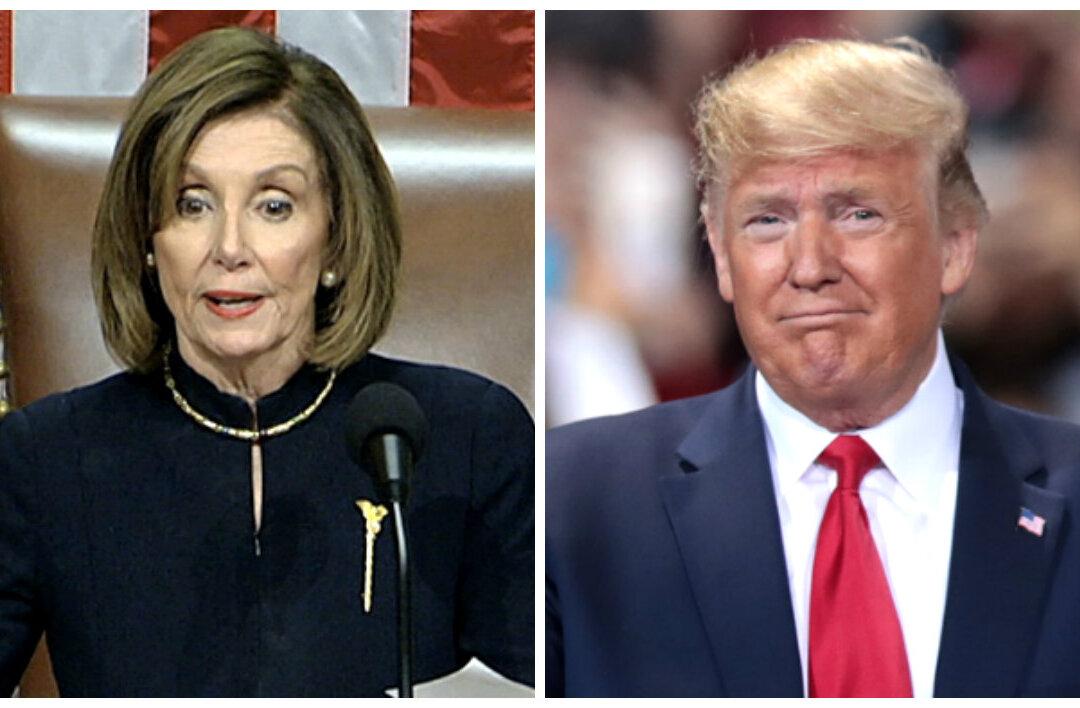Insurance companies and pharmacy benefits managers (PBM) will no longer be able to strong-arm pharmacies into keeping quiet when customers pay more than they need to for drugs, thanks to two bills President Donald Trump signed on Oct. 10.
The bills, Know the Lowest Price Act and Patients Right to Know Drug Prices Act, target an industry practice of insurers and PBMs, which manage drug benefits for health care plans, putting “gag orders” in contracts with pharmacies that prevent them from telling patients if the cost of their copay is more than the cost of the drug if they had paid out of pocket.




